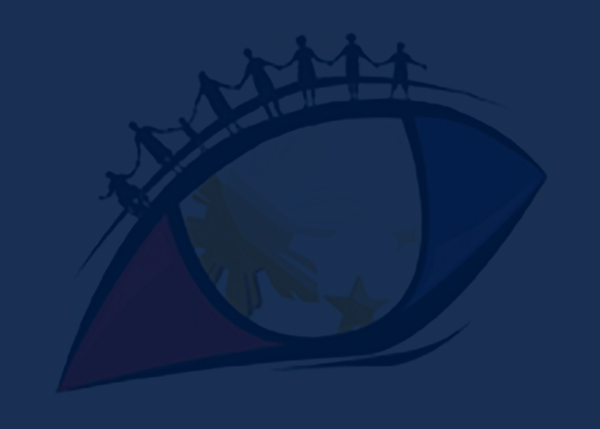It is clear at this point that the digital revolution in the Philippines is in full swing. Due to the nature of the COVID-19 pandemic as a social and political accelerant, everything from education to commerce has not only gone online but has also been mainstreamed. However, this shift to digital from what used to be brick-and-mortar and in-person activities come with a new set of risks. Our new digital landscape must securely handle sensitive data. With every transaction, online engagement, and download, we introduce new information on our devices, simultaneously sharing our own information with third parties.
The threats emanating from digital transactions were tackled in the recent virtual town hall discussion organized by the Stratbase ADR Institute entitled “Digital Risks in the New Normal.” Among the highlighted risks was the increasing consumption of illegal online content through piracy websites. Neil Gane of the Asia Video Industry Association’s Coalition Against Piracy presented the latest YouGov survey report, which revealed 49% of Filipinos admitted to have accessed pirated content online.
In our present context, there are just as many illegal ways to get digital assets as there are legal ones. Movies, software, and music can all be downloaded for free. As with all illegal actions however, they come with threats to all parties involved. Content creators, artists, and programmers face the risk of loss of income and livelihood due to income deprived of them by illegal downloads. Those who download and stream illegally face an equally pressing threat. Such illegal downloads and streams expose their devices (and their personal data) to potentially malicious parties through scams, viruses, and malware. The general public is affected as well, as these downloads hog bandwidth and deprive students, work-from-home employees, and other users of a service they rightfully paid for.
This complex system of exchanging data is by no means bad in and of itself. It is part of our new digital milieu, and in many cases, is a security measure for all parties involved. That being said, this process of exchange must be done, as with physical transactions, with a sense of digital hygiene and security.
Taking a wider perspective, cyberspace is now an arena for political conflict. Data can be harnessed to undermine democratic institutions, put whistleblowers at risk, and undermine national security.
Irresponsible and illegal action threatens not only the economy, public safety, and the performance of public utilities, but also the existence of responsive public services.
With this in mind, we at Democracy Watch Philippines call on regulatory agencies to engage with civil society and the private sector to take preemptive action and block sites that present a threat to our economy in these times of crisis.

